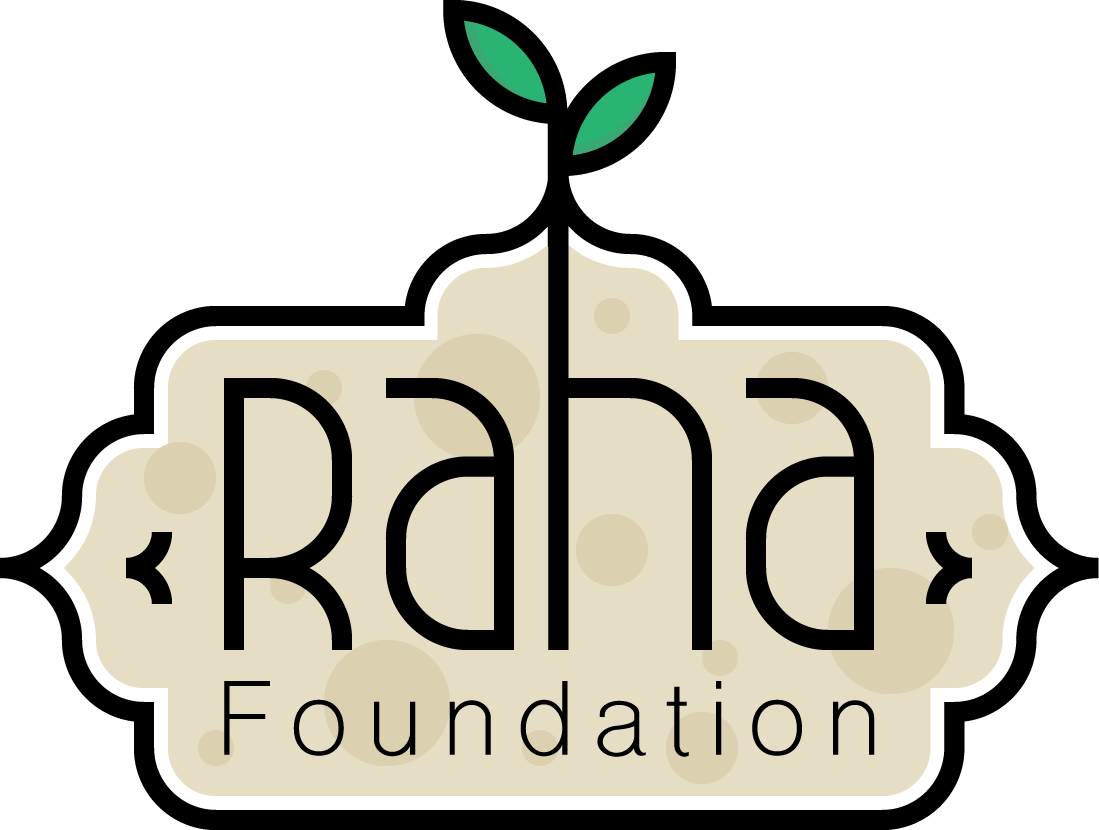Every therapist knows about the importance of embracing our clients’ culture and the need to be sensitive to their cultural systems, while at the same time being wisely aware of their own interpreting processes. Many of us, however, do not have the opportunity to be exposed to different cultures, either because of where we live, or where our clients are based. This conference is an opportunity to experience a diversity of cultures, ask questions and grow in a safe and welcoming place.
Join us at the International Conference on Cultural Lens in Therapy, and learn about more than twenty different cultures, by way of true stories from experts all over the world.
Because Stories Matter!
Stories heal.
Stories connect us to each other at the deepest levels.
We invite each other to the unseen, untold, unheard parts of us.
We create bridges by unfolding our stories from one culture to another.
Culture is essential to everyone’s core meaning-making processes. Cultural values shape our relationships, ways of behaving, thinking, feeling, sensing ourselves, and our core beliefs.
Culture is not a thing that a person ‘has’, but an integral part of every person’s way of processing.
A Cultural Lens is the way you perceive the diverse cultures that exist in society.
At this conference we will learn how to apply our cultural lens in therapy, in order to become more accessible, responsive and engaging in our ongoing professional relationship with clients, and we explore how the use of a cultural lens can act as a tool for avoiding mistakes and creating a deeper connection.
This workshop is for Mental Health Providers, Psychologists, Social Workers, MFTs, and Counselors.
Learning Objectives
- Relate the importance of embracing client diversity and culture to their own practices.
- Identify issues of cultural differences with couples and families.
- Identify our own and defensiveness with certain clients.
- Discuss the origins of these beliefs and behaviors.
- Construct new ways of being with others who are different from ourselves.
- Appraise clients to identify generational trauma and respond to it appropriately.
- Construct new ways of relating to clients who are different from ourselves.
- Demonstrate newly learned culturally competent skills through small group discussions.
